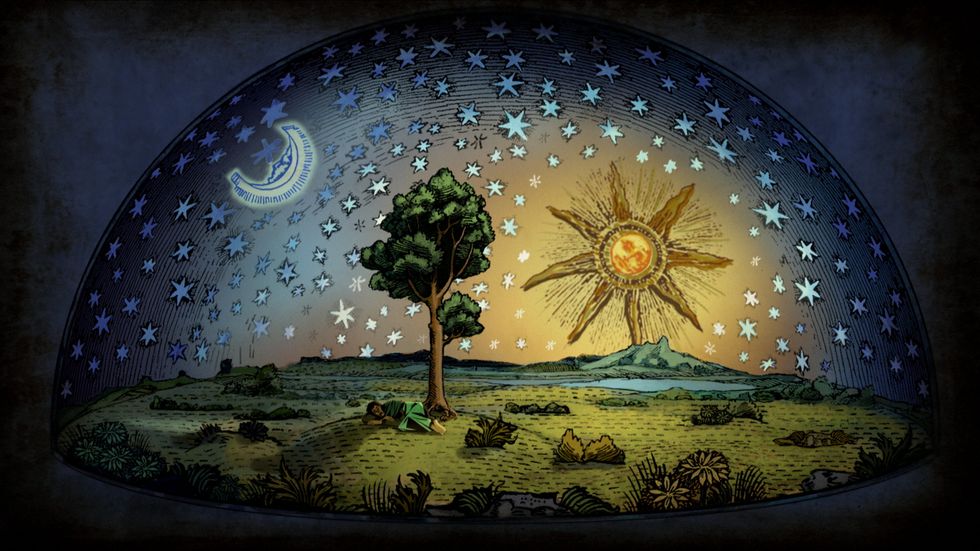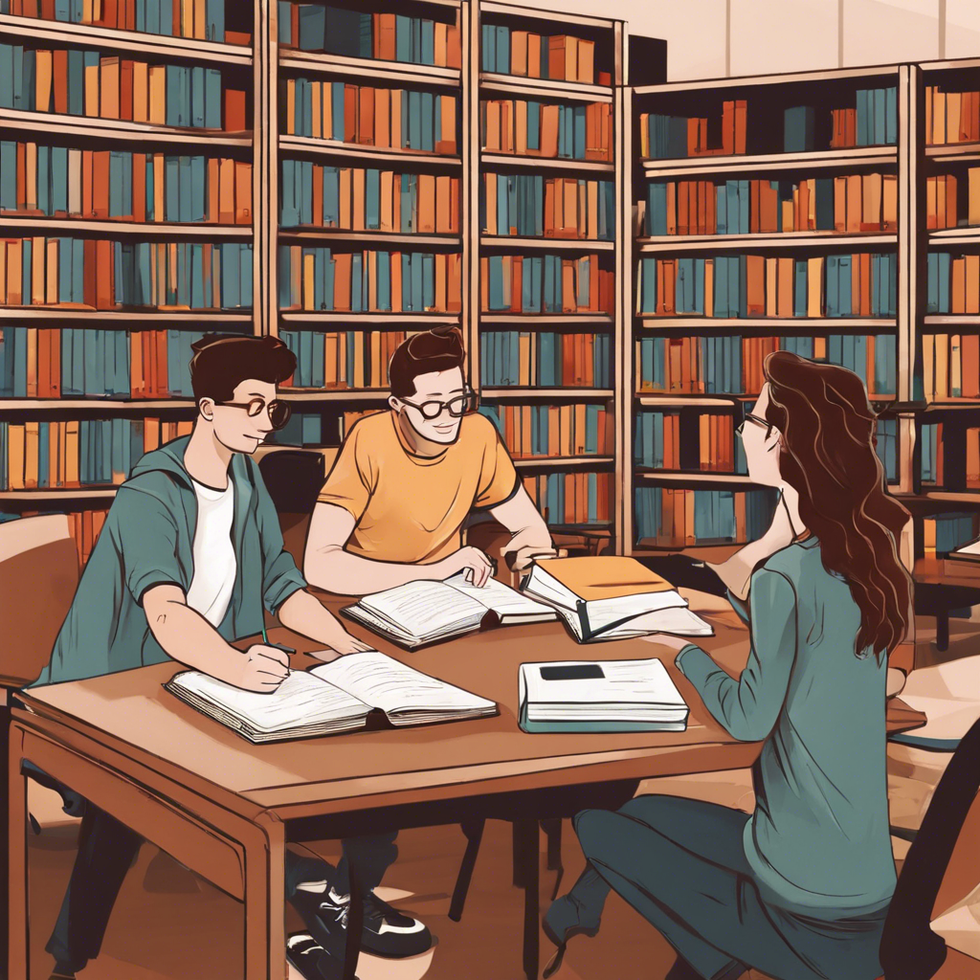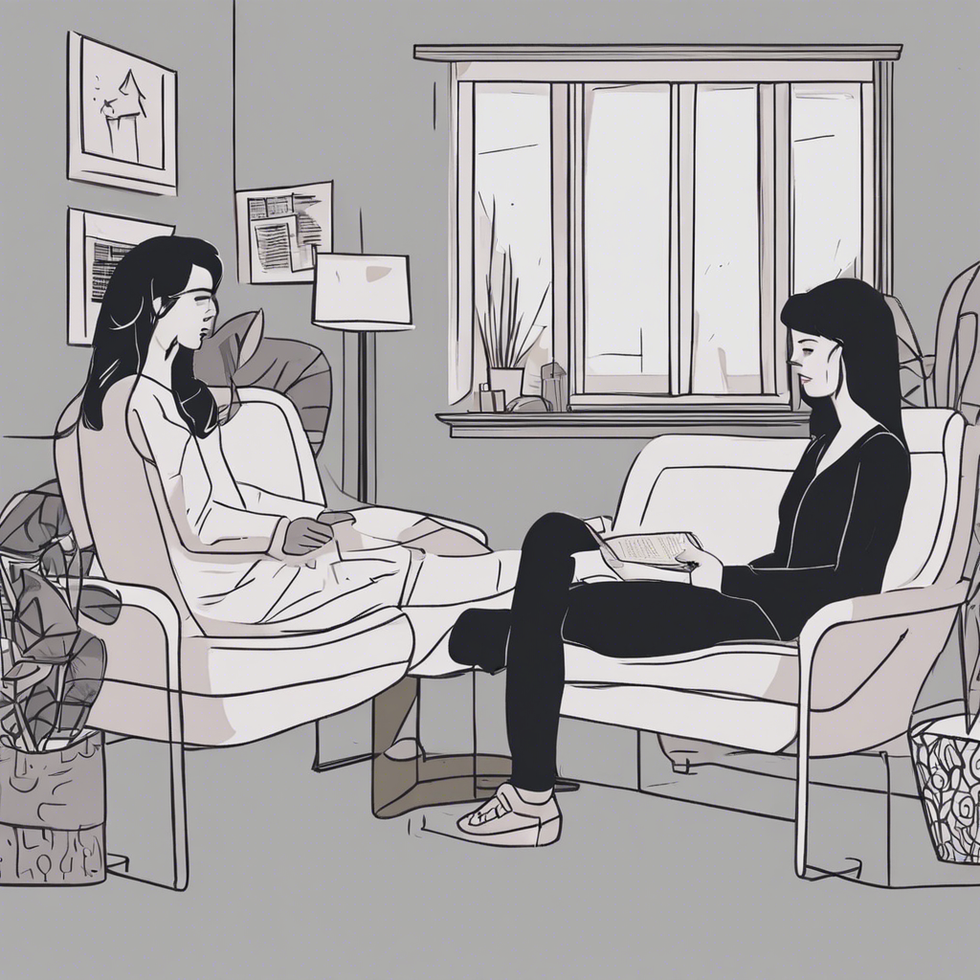It is a generally held belief that finding happiness ought to be one’s ultimate purpose in life, the reason being that a happy life is also a good life–so it is assumed. While I agree that happiness is a key component of living a good life, I am inclined to think that this view is too simplistic, naïve even.
History reveals that happiness, especially the collective happiness of a group of people–which should be viewed as more important than individual happiness–is often accompanied by ignorance.
Happiness is not always essential. In fact, happiness is probably the greatest hindrance to human progress. By progress I mean social and scientific advancement, though this can trickle into any variety of what is beneficial to humanity.
So how does happiness hinder progress? As I said before, happiness, specifically collective happiness, is often accompanied by ignorance, and the best way to observe this is by reflecting upon historical examples. I will therefore relate historical periods when beliefs or ideas that rendered happiness were, at the same time, a hindrance to human progress.
In astronomy, before Copernicus revealed to the world the heliocentric model of the solar system, people believed in a geocentric reality, with the Earth at the center of the universe. This view was pioneered by Ptolemy. People were generally happy to accept this model because it confirmed their own religious bias—that humans held a special place in the universe because of the love God had for them.
It wasn’t until Copernicus, and later Galileo, that the heliocentric model of the solar system, with the Earth and other planets orbiting the Sun, that peoples’ ignorance and happiness were shattered.
In this example, it took an idea which the public found disagreeable, and for which Copernicus and his followers were condemned, to yield scientific and social progress.
Another, more recent example–one pertaining to American society–is our country’s history with unequal rights. Men–specifically white males–were perfectly happy believing African Americans and women should have fewer rights. This, of course, persisted until the amount of human suffering in America boiled over, with political and social activism changing the order of things.
Unhappiness or discontent can also happen at the individual level in order to stimulate change. Great geniuses like Newton and Einstein worked tirelessly to bring change to the scientific world. It requires a certain level of dissatisfaction, monomania even, for that breed of people we call “genius” to advance humanity in an entirely new direction.
These are only a few historical examples of times when suffering was the catalyst for change; there are infinitely many others.
But this is what I mean by happiness not being essential. Any kind of change in the world happens because of some kind of suffering, unhappiness, or stress that plagues a certain portion of humanity.
This is not to say that happiness isn’t valuable; it certainly is. But I think it’s correct to view suffering as something that can potentially benefit a greater portion of humanity.



 Photo by
Photo by  Photo by
Photo by 

 Photo by
Photo by  person holding black smartphone on white textile
Photo by
person holding black smartphone on white textile
Photo by  StableDiffusion
StableDiffusion
 Photo by
Photo by  Photo by
Photo by 
 roommate as a therapist
StableDiffusion
roommate as a therapist
StableDiffusion
 woman in white shirt eating pizza
Photo by
woman in white shirt eating pizza
Photo by  person holding remote pointing at TV
Photo by
person holding remote pointing at TV
Photo by  person holding assorted clothes in wooden hanger
Photo by
person holding assorted clothes in wooden hanger
Photo by  a couple of
a couple of  friends cleaning apartment
StableDiffusion
friends cleaning apartment
StableDiffusion
 man driving car during golden hour
Photo by
man driving car during golden hour
Photo by  bacon strips and melted cheese topped fries on oval white and blue platter with gray stainless steel forks
Photo by
bacon strips and melted cheese topped fries on oval white and blue platter with gray stainless steel forks
Photo by  selective focus photography of eyeshadow palette
Photo by
selective focus photography of eyeshadow palette
Photo by  brown wooden framed white padded chair in between green indoor leaf plants inside bedroom
Photo by
brown wooden framed white padded chair in between green indoor leaf plants inside bedroom
Photo by  women forming
women forming  taking
taking  man in red polo shirt pouring wine on clear wine glass
Photo by
man in red polo shirt pouring wine on clear wine glass
Photo by  woman in black jacket standing on road during daytime
Photo by
woman in black jacket standing on road during daytime
Photo by 
 StableDiffusion
StableDiffusion
 StableDiffusion
StableDiffusion
 student thinking i shouldnt have procrastinated all semester
StableDiffusion
student thinking i shouldnt have procrastinated all semester
StableDiffusion
 Photo by
Photo by  Photo by
Photo by  Photo by
Photo by  StableDiffusion
StableDiffusion
 StableDiffusion
StableDiffusion
 Photo by
Photo by  Photo by
Photo by 








